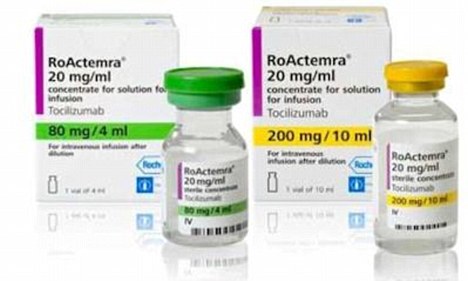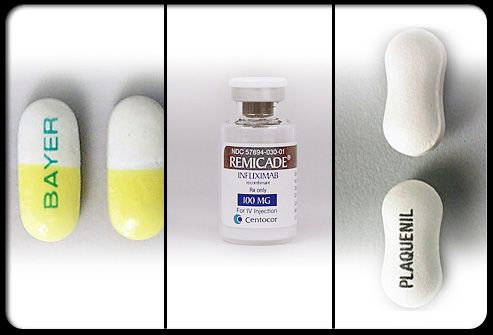
Anti-inflammatory drugs (or "DMARDs") are among the most common Rheumatoid Arthritas medications. They are used to reduce acute inflammation and improve function. They are all mild to moderate analgesics. Despite their popularity, however, they are not an alternative to other treatments or to prevention of joint destruction. Here’s a closer look at the most common RA medications.
Corticosteroids are the most common medications used to treat RA. They are used to suppress the disease and reduce pain. Unfortunately, these drugs also come with serious side effects and are only suitable for short-term use. Several different types of corticosteroids are available for RA, including intravenous, oral, and intramuscular injections. Deltasone, prednisone, and methotrexate are the most common types.
Corticosteroids are used to suppress the immune system and help the body heal itself from the effects of RA. The most common form of these drugs is methotrexate. They are taken orally, but can have adverse side effects, including kidney, liver, and blood cells. For this reason, they are typically reserved for short-term use. If taken for too long, they can worsen rheumatoid arthritis.
In addition to nonsteroidal anti-inflammatory agents, DMARDs target specific molecules that cause inflammation in RA. The goal of a DMARD is to reduce the symptoms of the disease while at the same time reducing the damage caused to the joints. Although these drugs have side effects, they are recommended by most doctors for rheumatoid arthritis. In general, they are not a substitute for a diet and exercise program.
DMARDs control the immune system’s abnormal responses. TNF-alpha inhibitors block the protein that triggers inflammation. They are effective for reducing pain and stiffness, but they cannot prevent the long-term damage caused by RA. Therefore, these Rheumatoid Arthrites medications are recommended for patients with severe RA. There are a number of DMARDs available for people with RA.
As an alternative to painkillers, physicians may prescribe NSAIDs to reduce inflammatory responses in the joints. These medications can be given orally, intravenously, or injected into the affected joint. All of these medicines are effective in reducing pain and swelling caused by RA, but they are not suitable for all patients. They may worsen the condition of the disease. If you are diagnosed with rheumatoid Arthritid Arthritis, your doctor will prescribe a medication that may be more appropriate for your condition.

NSAIDs are commonly prescribed to relieve pain and inflammation. NSAIDs are nonsteroidal anti-inflammatory drugs (NSAIDs) and may be prescribed in higher doses than needed. They can decrease the inflammation in the joints but don’t reduce the damage to the joints caused by RA. Some of the NSAIDs can be addictive and can cause other side effects. So, if you are experiencing rheumatoid Arthritid arthritis symptoms, talk with your doctor about your treatment options.
NSAIDs are often prescribed to relieve minor pain and inflammation. NSAIDs are the best choice for people with RA. In addition to reducing inflammation, they also reduce the risk of cancer. This is because NSAIDs only reduce the short-term effects. Compared to biological drugs, the former are known to be less effective in the long term. But they are still an important part of the RA treatment arsenal.
NSAIDs are another common one medication for rheumatoid arthritis. NSAIDs or non-steroidal anti-inflammatory drugs are prescribed as an alternative to more popular biologic drugs. These drugs are copies of the original biologic drugs, which are the most common form of DMARDs. They can help reduce inflammation in the joints, but do not cure the disease.
Biologic treatments are a new type of medicine for rheumatoid arthritis. These drugs are taken in combination with methotrexate and are often used only when DMARDs do not work. Biological treatments are given through injections and target the immune system to slow the progression of the disease. They can also lead to infections that were previously resistant to DMARDs. You can find out more information about the treatment of rheumatoid arthritis on the website ticketbox.co.th.
NSAIDs are a common medication for RA. These medications are very effective and can help manage the symptoms of RA. The first NSAIDs recommended by doctors are diclofenac, ibuprofen, naproxen and ketoprofen. Some other NSAIDs include acetaminophen and indomethacin. All of them are considered effective medications for rheumatoid arthritis.